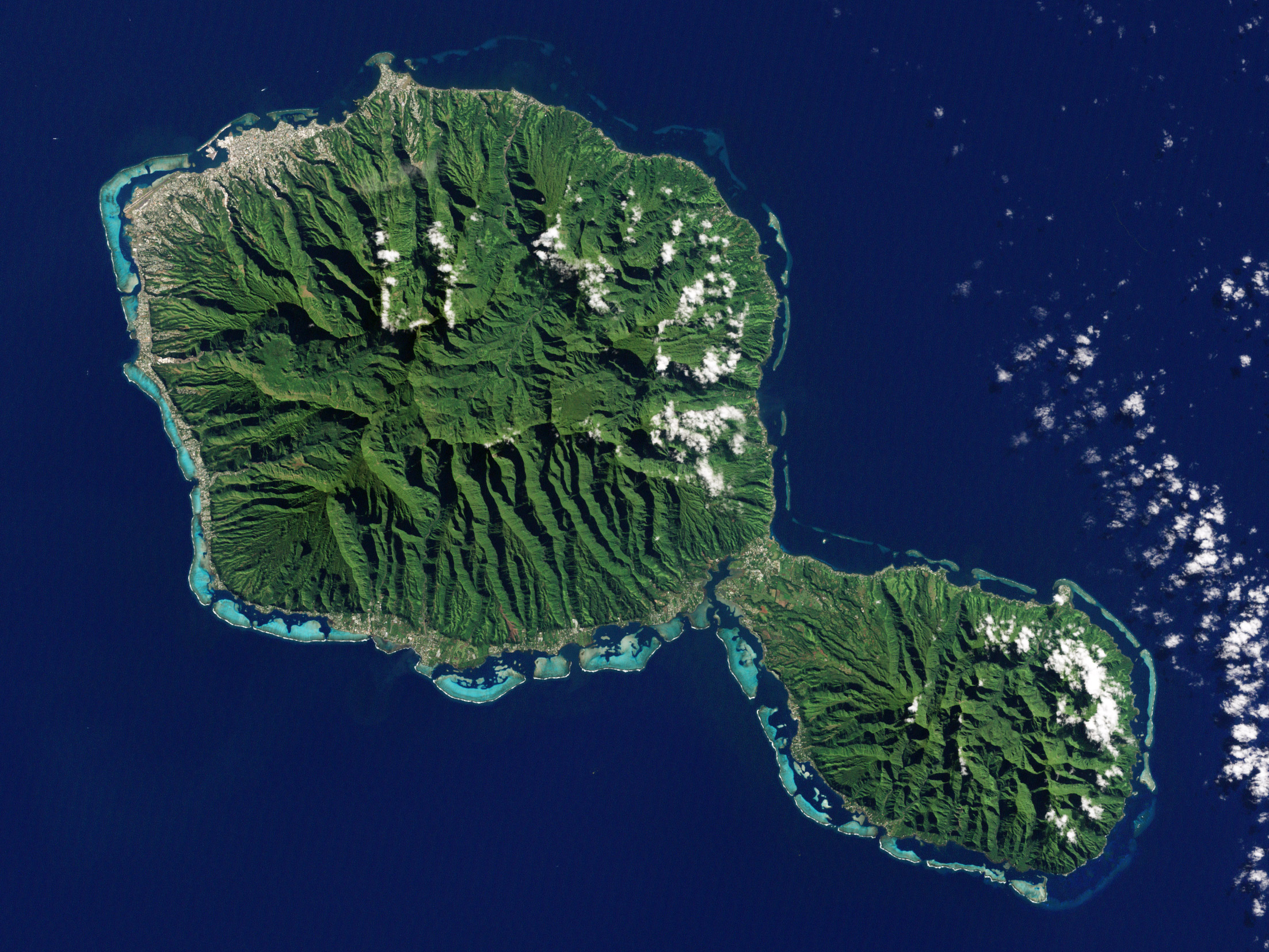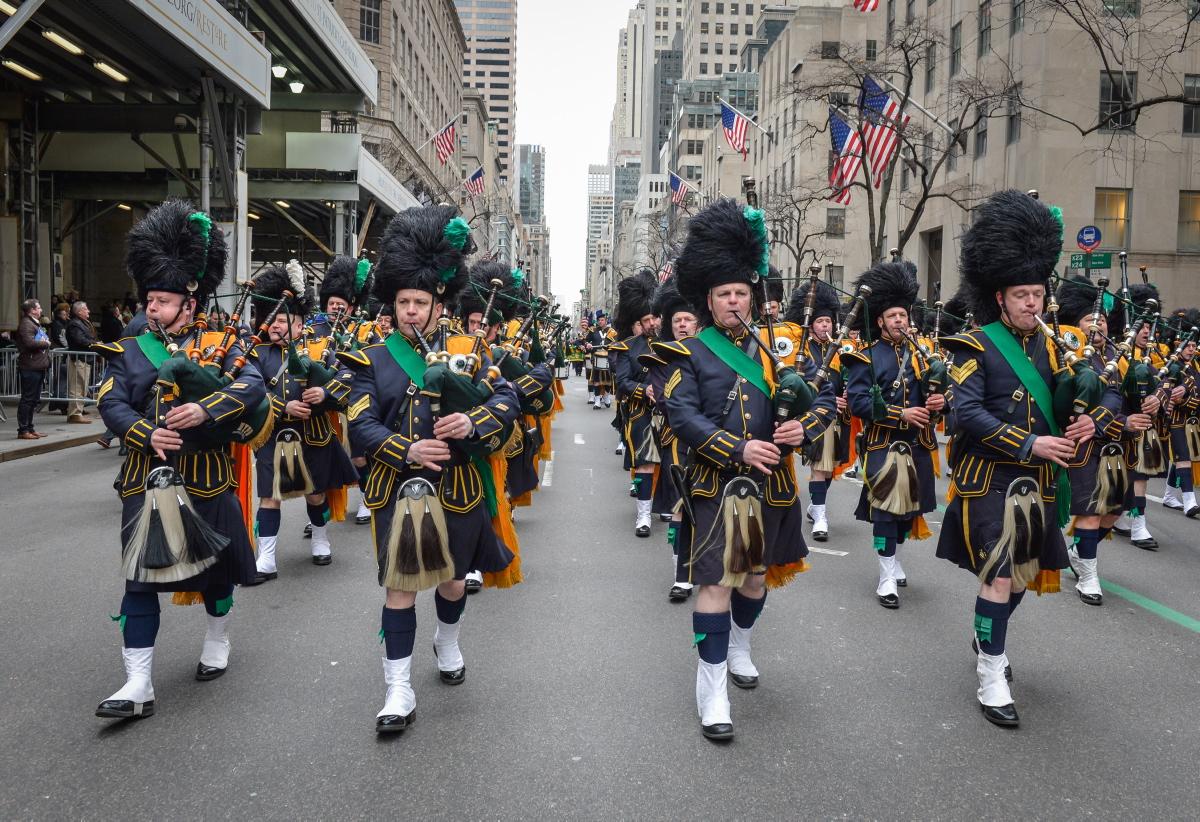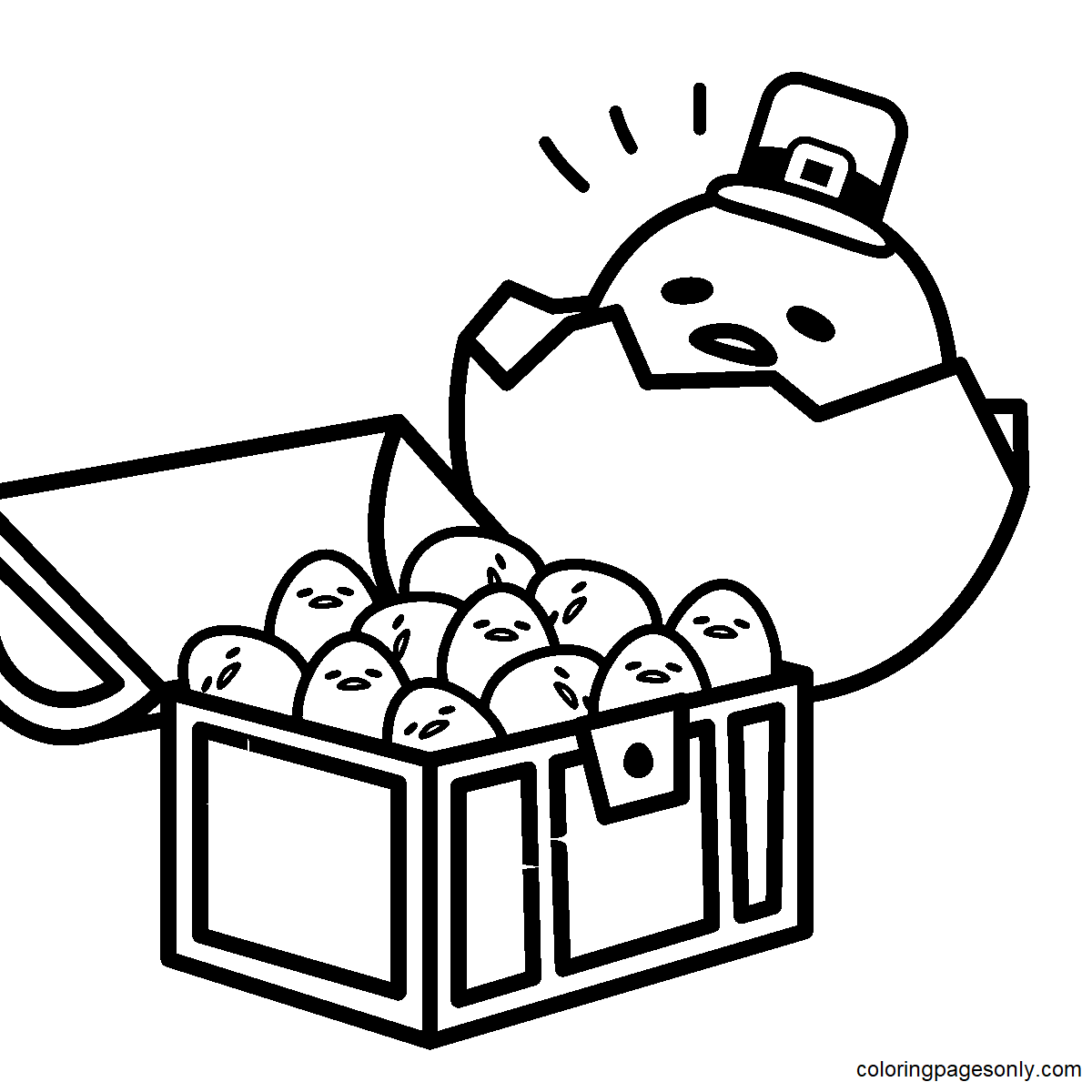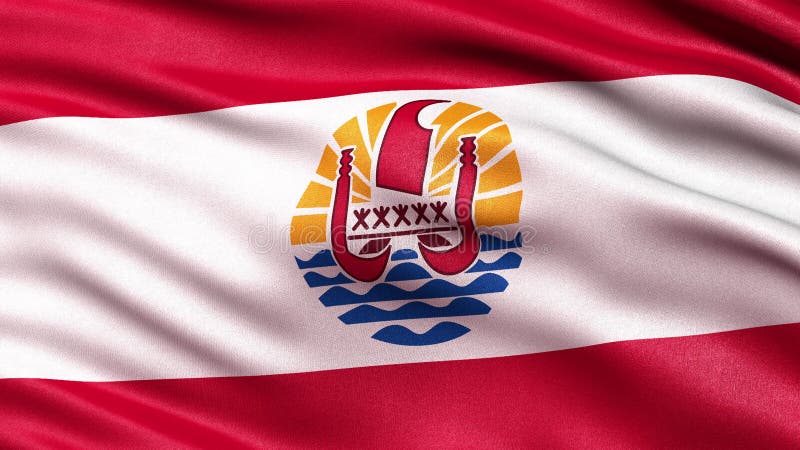Gallery
Photos from events, contest for the best costume, videos from master classes.
 |  |
 |  |
 |  |
 | |
 |  |
 |  |
“un pub Irlandais + name of your French town.” “où fêter St Patricks + name of your french town” Go to Disneyland Paris and Disney Village for St Patrick’s Day. As cheesy as it sounds, you could go to Disneyland Paris on the 17th of March to celebrate Saint Patrick’s day. Where Does St. Patrick’s Day Take Place in Ireland? St. Patrick’s Day takes place throughout Ireland, with significant celebrations occurring in Dublin, Galway, and Cork. Dublin hosts a large parade featuring colorful floats and music. Galway boasts a vibrant festival that highlights Irish culture. French Polynesia, a collection of over a hundred islands in the South Pacific, is renowned not only for its breathtaking natural beauty but also for its vibrant cultural festivities. From the bustling markets of Papeete to the serene atolls of the western islands, each location offers a unique blend of celebrations that reflect the rich St. Patrick’s Day certainly brings people together—French people looking to have fun, Irish people looking to celebrate, American study abroad students looking to enjoy yet another holiday that they’ve commercialized, and everyone looking to have a good old pint. Of course, there are also non-drinking events. St. Patrick's Day is a widely celebrated holiday around the world, with festivities ranging from parades and concerts to drinking green beer and enjoying traditional Irish cuisine. However, you may be wondering if the French celebrate this holiday as well. In this blog post, we will explore whether the French celebrate St. Patrick's Day. Taffer’s Browned Butter Bourbon is ready to shake things up for St.Patrick’s Day and add a unique touch to the celebrations. This year, bourbon cocktails are stealing the show, adding a rich and flavorful twist to the traditional green-themed holiday. Countries That Celebrate St. Patrick’s Day. The worldwide spread of St. Patrick’s Day was partially due to the 1845’s Great Potato Famine that forced more than a million Irish to emigrate. Today, more than 200 countries celebrate it. Here we look at St. Patrick’s Day celebration in a few of the sovereign states, including: Ireland (Dublin) Saint Patrick’s Day (Irish: Lá ‘le Pádraig or Lá Fhéile Pádraig), colloquially Paddy’s Day or St. Patty’s Day, is the feast day which annually celebrates Saint Patrick (373-493), the patron saint of Ireland, on March17, the day on which Saint Patrick diedIt became a feast day in the universal church due to the influence of the Obviously, St. Patrick’s Day has a long history in Ireland, but the Irish government took charge of the holiday in the mid 1990s, turning it into a showcase of the country’s culture. Ireland’s first St. Patrick’s Festival was in 1996 and a decade later it had grown into a five-day festival that features concerts, theater performances Most of the cities that celebrate it have or had a large Irish Catholic population. St. Patrick's day falls during Lent, a part of the year where adherents would avoid vices like alcohol and meat on Fridays. On St. Patrick's day, Irish Catholics were allowed to break Lent, which is why they might drink fervently. For more than 1000 years, St. Patrick’s Day has been celebrated in Ireland every year on 17 March. Over the years, the religious holiday commemorating the death of Saint Patrick, the patron Monday, March 17 is St. Patrick's Day, celebrating all things Irish in the U.S. and around the world. Cities celebrate with parades, bar crawls and more. Public Holidays in French Polynesia Bastille Day: Celebrating French National Day. Bastille Day, celebrated on July 14th, is a major event in French Polynesia. This day marks the start of the French Revolution in 1789. Festivities include parades, fireworks, and traditional dances. Locals and tourists alike gather to enjoy the vibrant atmosphere. St. Patrick’s Day Parade on Fifth Avenue, New York City, in 1907. Today, New York City hosts the world’s largest Saint Patrick’s Day parade, with more than two million spectators on Fifth Avenue in front of the towers of St. Patrick’s Cathedral, a church built in the 19th century in the flamboyant style. You’ve probably heard the saying, “You don’t have to be Irish to celebrate St. Patrick’s Day, but it doesn’t hurt!” And honestly, they have a point. Every year on March 17th, people around the world celebrate the patron saint of Ireland, St. Patrick. Affectionately known as St. Paddy’s Day, this day is celebrated far beyond Irish NEW YORK (AP) — If it’s March, and it’s green, it must be St. Patrick’s Day. The day honoring the patron saint of Ireland is a global celebration of Irish heritage. And nowhere is that more so than in the United States, where parades take place in cities around the country and all kinds of foods and drinks are given an emerald hue. So, if you’re looking for something to do in Disney World to celebrate St. Patrick’s Day, be sure to head on over to Raglan Road. The festival will also feature LIVE Irish music, as well as Raglan Road’s Irish dancers. If you visit on St. Patrick’s Day, March 17th, note that there is a $20 per person cover charge for guests 18 and older. St. Patrick’s Day is around the corner, hit the jackpot and celebrate with 1800 Tequila! These signature 1800 Tequila cocktails are an unexpected twist on the traditional St. Patty’s Day cocktails. Sip, enjoy and you’ll be the luckiest person in the room. St Patrick’s Day is the remembrance day of the primary patron saint of Ireland, Saint Patrick, which is celebrated every year on March 17. The story of Saint Patrick Saint Patrick was born in Roman Britain and moved around Ireland as a Christian missionary and bishop in the fifth century. There’s more to the name of Fyffe. It is the name of a county in Scotland (Fife). It also means “small flute”. It’s not that impressive you might say, but its strong Scottish roots holds a strong place of meaning for those who use the name.
Articles and news, personal stories, interviews with experts.
Photos from events, contest for the best costume, videos from master classes.
 |  |
 |  |
 |  |
 | |
 |  |
 |  |